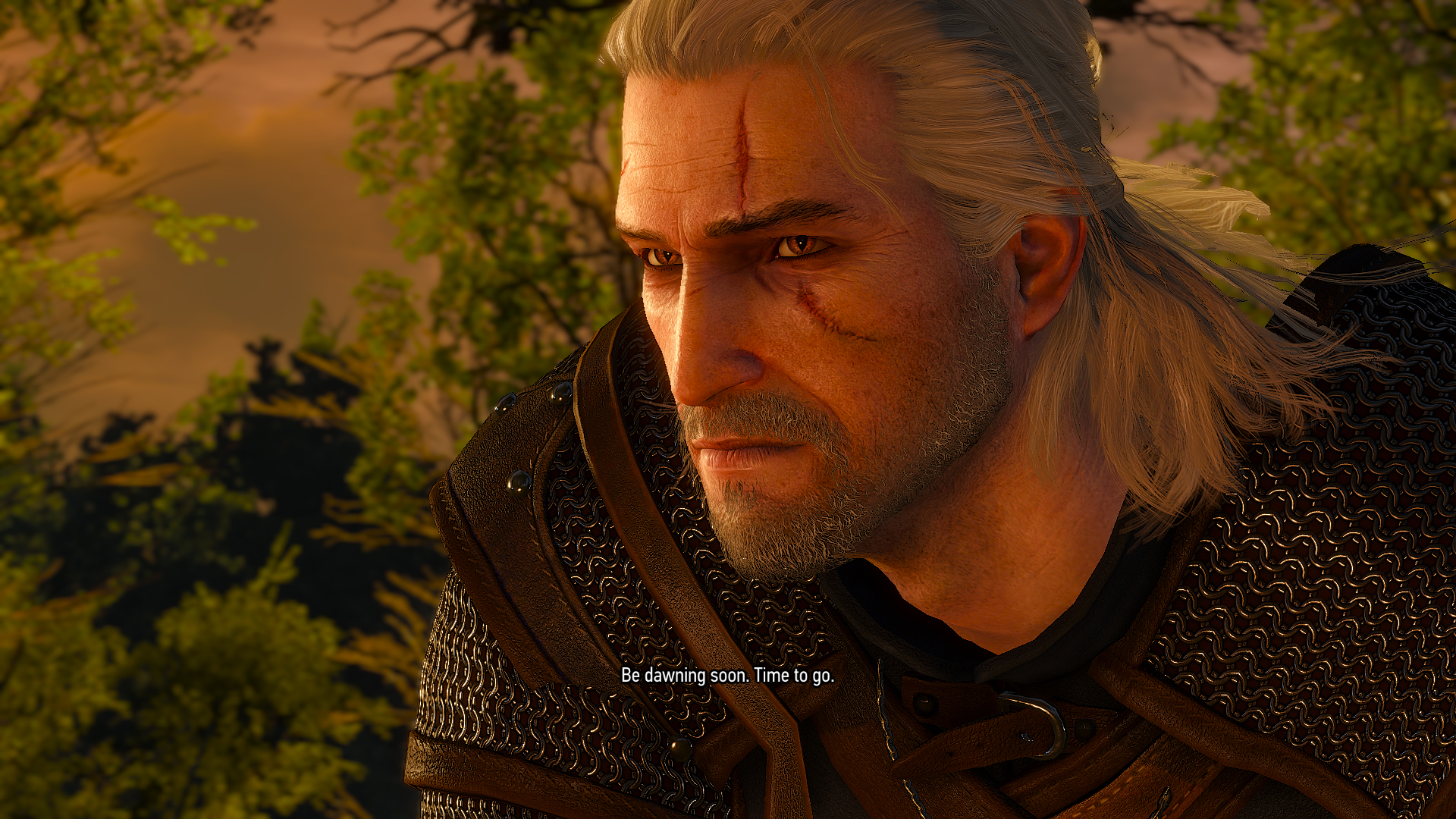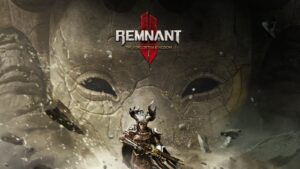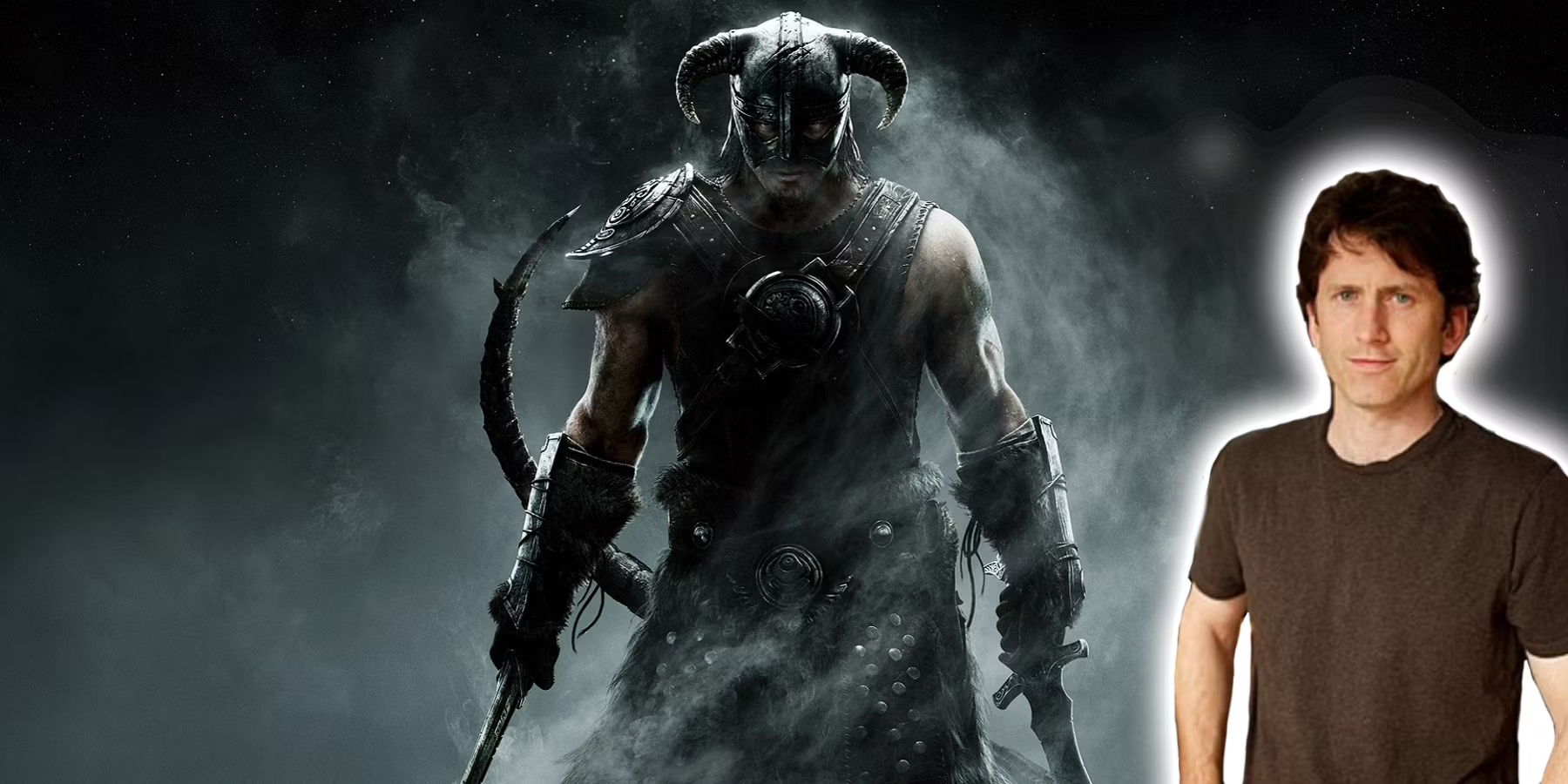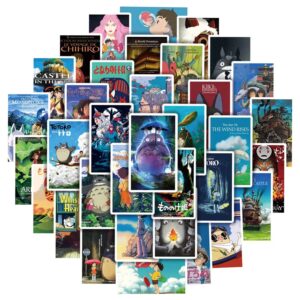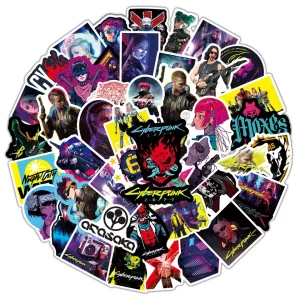Two years after its release, I finished The Witcher 3 and I require an excuse to gush about it. It is one of the best games I have played in recent years, and despite its extended playtime, I couldn’t put it down. It’s so drastically different from many large-scale RPGs released in the last five years. It astounds me that many developers have not yet caught onto its narrative, technical and overall fun expertise. The Witcher 3 is a game-changer; consumers, publishers, and developers have a lot to learn from it. The Witcher 3 set a new standard. Yet, what made it so great? Here I’ll discuss some things the game did differently. And I’ll attempt to dissect some attributes I believe we should come to expect from our open-world RPGs moving forward.
Romance Options
Whether they want to admit it or not, everyone loves romance options in games. You gain a greater appreciation for a character when you are given the opportunity to sweep them off their feet. Come on. I can’t be the only one who likes this, right? Now, most of the time it seems games adhere to a strange standard of beliefs when implementing romantic opportunities in a virtual world. It seems the trend is to allow your character to select a jarring compliment in order to woo a potential lover. Historically, after doing this over and over, you will eventually achieve your desired admiration from your prospective love-interest. As much as many like to believe, that’s not how it works in real life. So why should it work like that in a game? The Witcher 3 takes this mechanic and throws it in the trash can. Your decisions determine whether or not one or none of the two sorceresses will love you. This feels more substantial, realistic, and rewarding. Realistically, shouldn’t your decisions matter in seeking out romance?
Decision Making/Consequences
An accurate example of good/bad decision making in a game: “Should I kill all of these innocent people, or bake them all a cake?” I’ve grown extremely tired of unambiguous good vs. evil decision making in games. It seems many developers don’t want us to think out potential consequences on our own. I love Infamous, but every decision option you’re given is highlighted in either red (bad) or blue (good). Where’s the fun in that? I’ve always wished games would let a player think for themselves. I’ve always wished developers would be more creative with how they handle decisions and consequences in a game. CD Projekt Red granted those wishes for me.
It’s impossible to tell what will happen after every decision you make in The Witcher 3. You have to use your imagination to determine whether or not you will kill or spare an adversary. I remember impulsively killing enemies because of how I felt about them. This type of facilitation allows every player’s experience to be different. I also remember talking to my friend about a particular character in the game. He felt compassion for the character based on an intuition I lacked. Yet, my decision to kill said character proved to be a more beneficial choice. Another example of this decision making comes in the form of helping choose a dead leader’s successor. Choosing between a strong unfaltering king or an independent receptive queen proves to be a difficult choice for any player.
Quests’ Significance
If The Witcher 3 is the first RPG you’ve ever played, you may find yourself questioning what a “fetch quest” is. This term has become prevalent in almost every gaming environment to describe quests with little to no significance. Fetch quests are typical in many huge open-world RPGs. It seems in order to increase playtime, developers implement quests which require you to run, get something, and bring it back. CD Projekt Red opted to keep that idea as far away from The Witcher 3 as possible.
Every quest has an extreme amount of narrative. An example would be getting a notice requesting the player to search a “haunted house.” Upon arrival to the said house, you might find a creature lurking in the basement. Each side quest ties perfectly into the main questline. Meaning a decision to opt out of a side-quest, might alter the game’s final ending. No side-quest is as it seems. There is always more hiding beneath the floorboards. The only thing a player can be sure of is no quest will ever be a fetch quest.
Positive Business Model
Much like gamers, CD Projekt Red seems to look at loot boxes and microtransactions with disdain. Neither is located in The Witcher 3. Consequently, CD Projekt Red is riding a high of excellent public relations. They’re proving a game can make money without predatory business practices. After 2 years, it’s still one of the best-selling games on Steam currently. Since it’s 2015 release date, the game has made over $250 million dollars and sold around 25 million copies. Considering it cost about $81 million to make, the profit margin is huge. Who would have thought, you make a good game-you make money. Consumers trust the company will use their profits to create more incredible experiences. This trust isn’t something you can buy. Especially with revenue created from shady business practices.
CD Projekt Red’s response to questions about their new game regarding microtransactions.
Every DLC released for The Witcher was extremely substantial. Both Hearts of Stone and Blood and Wine felt like a completely new game. This is certainly not commonplace among many DLC distributors. Often consumers feel gipped from the lack of content in the other company’s base game. CD Projekt Red released their two reasonably-priced expansion packs months after release, indicating they didn’t cut anything from the base game. Consumers have caught onto most publisher’s nefarious DLC pricing model. Consumers won’t take this much longer.
Where Do We Go From Here?
I’ve attempted to discuss the game on an extremely general level. I do believe every game should be different, which is why I didn’t discuss the story, gameplay, or mechanics (all incredible by the way.) However, I think if a developer is going to create a large-scale, open-world RPG, these attributes are required. Gamers have come to expect much more from their games thanks to The Witcher 3. I believe we will look back on The Witcher 3 in 10 years and say “that game changed everything.” I know I certainly will.




